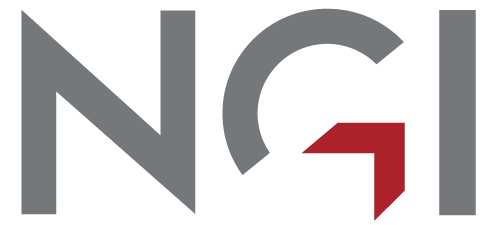Press release -
Will reduce costly damage from ground construction work
Damage caused by the ground constructions such as excavations, can lead to delays and large extra costs for many projects. Often, neighbouring buildings at are risk. In the R&D-project REMEDY, 18 partners have joined forces on behalf of an entire industry to reduce the risk of material and economic damage as a result of the ground construction work.
In the building and construction sector alone it is estimated that the damage caused by ground construction work involves annual costs in the billions NOK. The R&D-project BegrensSkade/REMEDY aims to reduce this number, and is a continuation of a previous research project, BegrensSkade 1 completed in 2015.
Assessment of the consequences for the environment is an important part of the design and construction process. This can be very challenging, and risk-reduction measures can be very costly in urban environment with poor soil conditions and with large excavations close to existing buildings. We often hear and read stories about concerned neighbours to construction sites, experiencing damage and signs of damage to their homes and buildings.
"The main purpose of REMEDY is to make risk assessment and risk management to an integral part of the geotechnical engineering design and the execution of the ground construction work, and thereby reduce the risk of material and economic damage. The project will mainly focuse on the analysis of the causes for the damage and will propose improved methods", explains Jenny Langford, technical lead at NGI and project manager for the joint project BegrensSkade/REMEDY. She is glad for the great support of the project from the entire building and construction industry.
Better together
The 18 partners in the project, representing all types of stakeholders in the building and construction sector are Norconsult, GeoVita, Multiconsult, Rambøll, Hallingdal Brønnboring, Entreprenørservice, Keller, Kynningsrud, Jetgrunn, Skanska, Veidekke, Finans Norge, HWE, Statens vegvesen (The Norwegian Public Roads Administration), Bane NOR (state-owned company responsible for the Norwegian national railway infrastructure), SINTEF, NTNU and NGI.
"Thanks to the active participation and support of all 18 partners we hope now to be able to reduce costs in very large scale, and to launch improved methods and guidelines for the entire building and construction sector. As a project manager I am proud to say that together we will work to make a difference for an entire industry", says Jenny Langford.
NGI leads the REMEDY-project on behalf of the The Research Council of Norwegian. The R&D project consists of six sub-projects, which should be finished in 2022.
See more information about the project at the REMEDY homepage.
Related links
Topics
- Science, technology
Categories
- risk reduction
- excavations
- drilling
- risk assessment
- drainage
- settlement damage
The Norwegian Geotechnical Institute (NGI) is a leading international centre for research and consulting within the geosciences. NGI develops optimum solutions for society, and offers expertise on the behaviour of soil, rock and snow and their interaction with the natural and built environment.
NGI works within the markets Offshore energy; Building, construction and transportation; Natural hazards, and Environmental Engineering.
NGI is a private foundation with office and laboratory in Oslo, branch office in Trondheim, and daughter companies in Houston, Texas, USA, and Perth, Western Australia. NGI was established in 1953.
